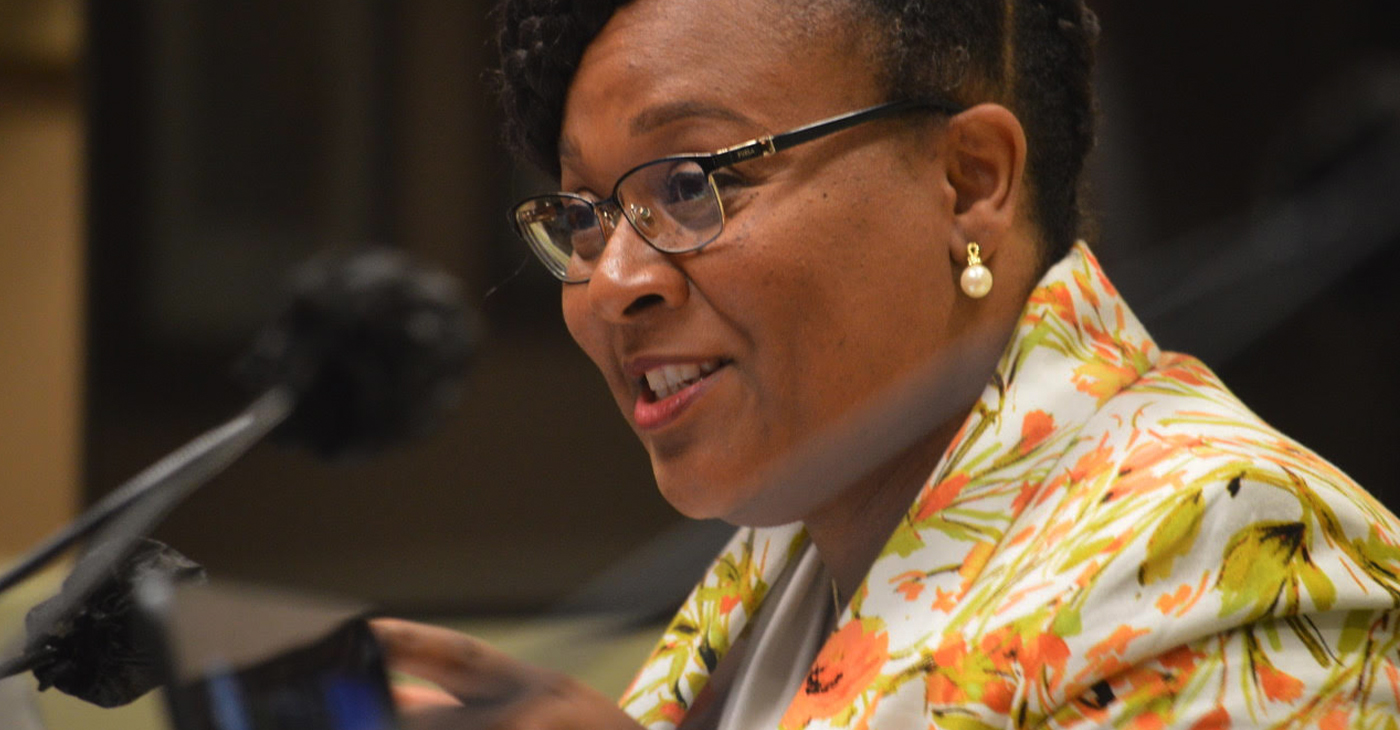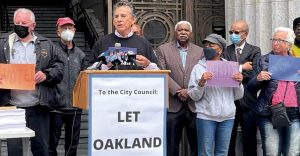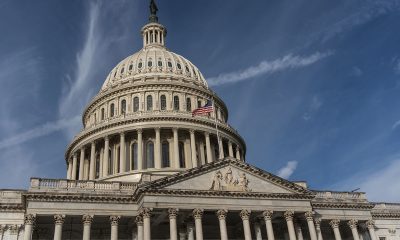Dallas Post Tribune
5 Ways Climate Change Affects The Mental Health Of Young People
DALLAS POST TRIBUNE — The European Parliament’s recent ban on single-use plastic products was hailed as a positive step in the world’s battle against climate change.Yet at the same time, younger generations around the world want to see more government action. Deeply concerned about their future as dire forecasts of a worsening environment continue, students from across the globe keep protesting. And while the threats often associated with climate change are to physical health, homes, the air, water, and economy, psychologists says the toll it takes on young people’s mental health can’t be ignored.
Antonio Ray Harvey
California Legislative Black Caucus Elects New Leadership
“From access to healthcare to housing and homelessness to criminal justice reform and creating economic opportunity, the CLBC has a long history of legislative accomplishments,” said Assemblywoman Lori D. Wilson (D-Suisun City). “I am excited to build upon the past successes of the honorable leaders who have come before me as we move forward into the 2023-24 Legislative Session.”

#NNPA BlackPress
Why heart health is important for women with diabetes
DALLAS POST TRIBUNE — In fact, heart disease is the leading cause of death for women in the U.S., killing one woman every 60 seconds. It’s the leading cause of death for African American and white women and, among Hispanic women, it causes as many deaths as cancer each year.
Dallas Post Tribune
Parkland providers urge men to take care of their physical, mental health
DALLAS POST TRIBUNE — The Centers for Disease Control and Prevention (CDC) report men in the United States, on average, die five years earlier than women. Each June Parkland Health & Hospital System observes Men’s Health Month to raise awareness by encouraging men to adopt healthy habits for both mind and body.
-

 Activism4 weeks ago
Activism4 weeks agoLife Expectancy in Marin City, a Black Community, Is 15-17 Years Less than the Rest of Marin County
-

 Activism4 weeks ago
Activism4 weeks agoOakland Post: Week of January 28, 2025 – February 3, 2026
-

 Activism3 weeks ago
Activism3 weeks agoCommunity Celebrates Turner Group Construction Company as Collins Drive Becomes Turner Group Drive
-

 Business3 weeks ago
Business3 weeks agoCalifornia Launches Study on Mileage Tax to Potentially Replace Gas Tax as Republicans Push Back
-

 Activism3 weeks ago
Activism3 weeks agoDiscrimination in City Contracts
-

 Arts and Culture3 weeks ago
Arts and Culture3 weeks agoBook Review: Books on Black History and Black Life for Kids
-

 Activism3 weeks ago
Activism3 weeks agoCOMMENTARY: The Biases We Don’t See — Preventing AI-Driven Inequality in Health Care
-

 Activism4 weeks ago
Activism4 weeks agoMedi-Cal Cares for You and Your Baby Every Step of the Way
























































